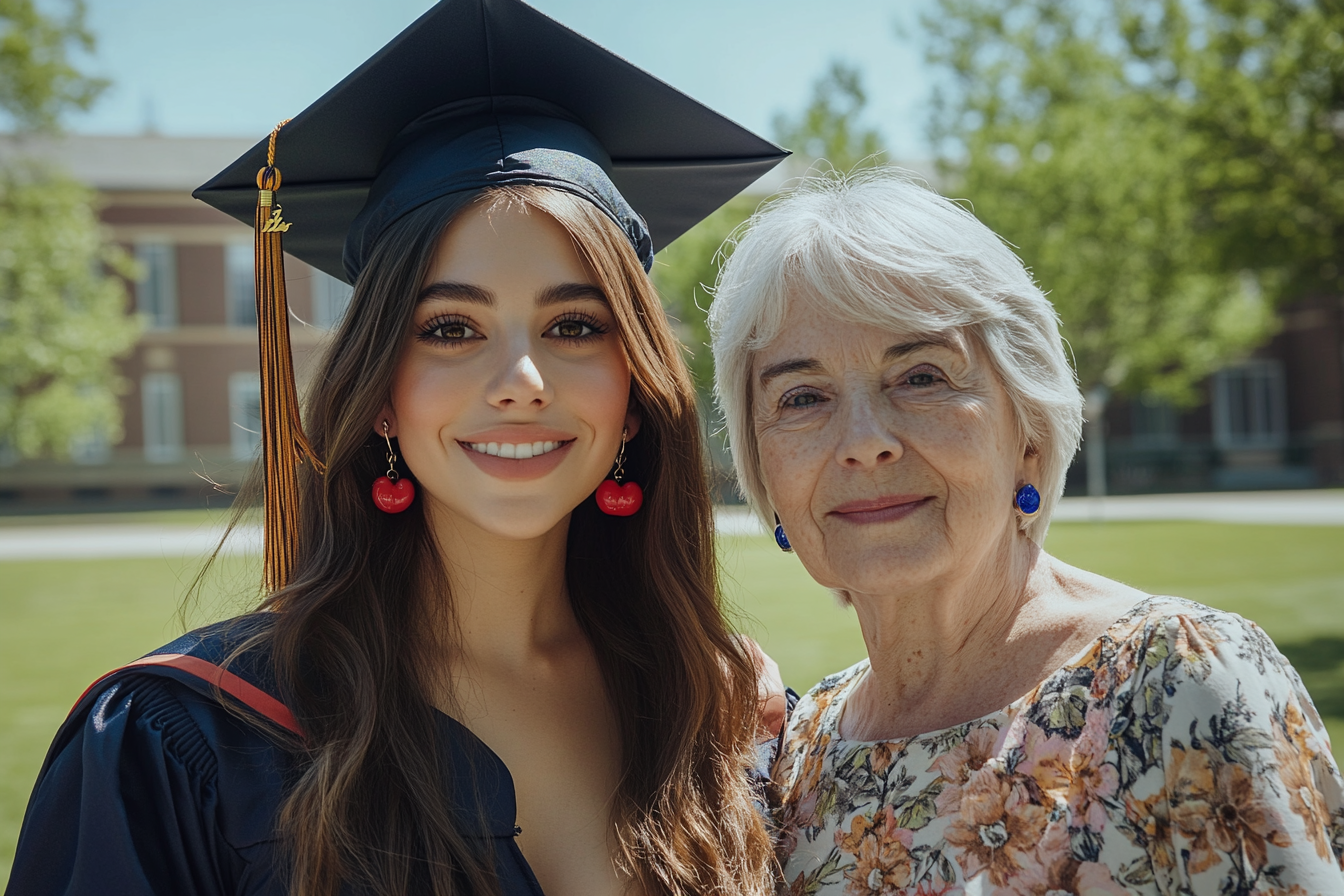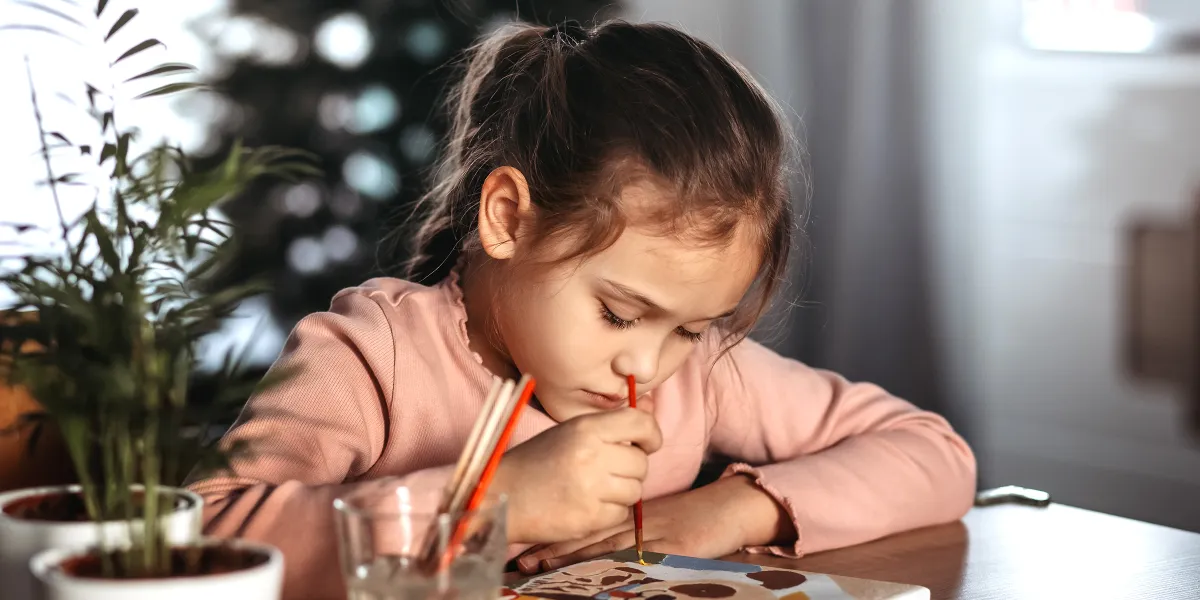Twenty years ago, I stood on my grandma’s porch, clutching my rag doll as my mom, tear-streaked, explained why she was leaving. Her new husband, Paul, didn’t want kids, and she said it was best for everyone. At five, I didn’t grasp why she picked him over me, but her car’s fading hum broke my heart. Grandma Mary, my dad’s mom, scooped me up, her warm hug promising I’d be safe. She raised me with love, walking me to school, clapping loudest at my recitals, and sharing stories over her famous lasagna. Yet, I longed for my mom, sketching secret pictures of us—baking, dancing, smiling—and stashing them in a tin under my bed.

Grandma was my anchor through school, college, and my move to the city for a teaching job. But last year, a heart attack stole her away, leaving me hollow. I wandered through life, missing her voice. Then, one rainy day, my mom, now Diane, showed up at my apartment. Her face was lined, her outfit polished, but her eyes hadn’t changed. She apologized for missing Grandma’s funeral and asked to reconnect. Anger and hope clashed inside me, but I let her in, the little girl who’d drawn those pictures still curious. Diane shared that her marriage to Paul collapsed, and she’d regretted abandoning me. She wanted to be part of my life again, her tears seeming real.
I gave her a chance. She called often, bought me coffee, and cried over photos of my childhood with Grandma. She said she wished she’d thanked Grandma for raising me. But doubts crept in. She was always on her phone, taking selfies with me but never posting them, and sidestepped questions about her past. One evening, during dinner at my place, her phone pinged while she was in the bathroom. A message from a man named Tom read, “Can’t wait to see your daughter!” My hands shook as I read their texts. Diane had sent him our photo, boasting about our bond. Tom had young kids and needed a nurturing partner. She was faking our closeness to impress him.
My heart broke, but I didn’t confront her. I gave her my tin of drawings, watching her cry as she saw my childhood hopes. “I’m here for good,” she swore, hugging me. I stayed still. She forgot the tin when she left, proving her words were empty. I ignored her calls and her knocks at my door. One night, I threw the drawings in the trash, hearing Grandma’s advice: “You’re enough, Emma.” I walked away from Diane’s schemes, choosing my peace. Letting go hurt, but it freed me to live for myself, not her lies.


